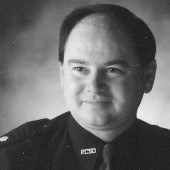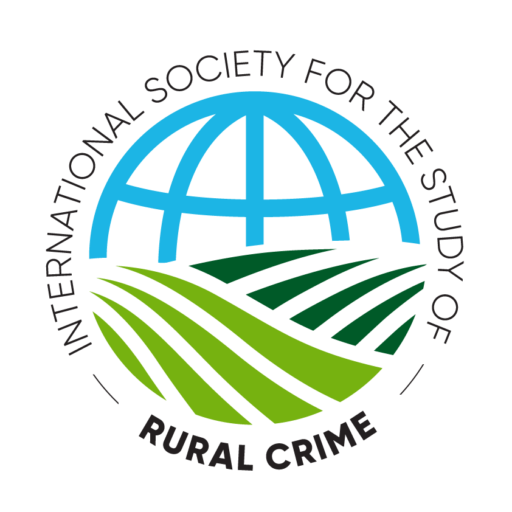‘Rural Policing in North America’ roundtable – 30 September 2021
Missed the Rountable – don’t dispair! You can watch it on our YouTube channel.
Rural crime and criminal justice practices and responses face different challenges from those experienced in urban contexts.
ISSRC was proud to host a practitioner-focused roundtable which investigated community policing and crime-reduction efforts on issues surrounding rural policing. The roundtable provide an opportunity for participants to hear first-hand from four leaders in rural policing about work being done in the US and Canada to police rural crime.
We asked our panellists three key things:
- What is the key element to successful community policing in your community?
- What is one initiative in which you have successfully engaged the community in crime-reduction efforts?
- What is the most significant challenge to successfully reducing crime in your community?
Moderator and host
 The event will be hosted and moderated
The event will be hosted and moderated
from the University of Nebraska at Kearney (United States)
Featuring…
 Inspector Farica Prince
Inspector Farica Prince
Blood Tribe Police Service (Canada)
Inspector Prince joined Dakota Ojibway Police Service in 2001 and served her home community of Sioux Valley, in south west Manitoba. In 2005, Inspector Prince made the difficult decision to leave her home and joined the Blood Tribe Police Service. The Blood Tribe, aka Kainai, is the largest land-based Indigenous community in Canada. She served as an instructor/facilitator at RCMP’s national training academy in Regina Saskatchewan for three years and has been serving as the Inspector in charge of the Administrative Support Division since 2018. Inspector Prince also became a first-generation university graduate in 2019.
 Chief Rob Davis
Chief Rob Davis
Chief of Police at Brantford Police Department (Canada)
Chief Davis began his career in 1990, and has since served small rural towns and Indiginous communities throughout Canada. Prior to serving as Chief of Police, he championed the drive that led to Six Nations becoming the first Aboriginal Police Service in Canada to join the Criminal Intelligence Service of Ontario and also served as an Inspector overseeing operations throughout reserves northwest of Ontario. Chief Davis is proud to be a Mohawk from the Six Nations of the Grand River Territory and a recipient of the prestigious OACP & IPA Gimborn Scholarship for his dedication & efforts to combat gangs and organized crime.
 Chief Jim Davis
Chief Jim Davis
Director of Law Enforcement Services at the University of Nebraska Kearney (United States)
Chief Davis has 37 Years of Law Enforcement Experience ranging from Police Officer to Sheriff. His current position includes Chief of Police, Emergency Management Director, and Parking Director. Chief Davis is a guest instructor at the South Dakota Law Enforcement Training Center and an adjunct Criminal Justice instructor at UNK. He has a Master’s Degree in Criminal Justice and is scheduled to graduate with his doctorate in management in 2022. He also still enjoys working the Sturgis Motorcycle Rally.
 Mark Prosser
Mark Prosser
Retired Law Enforcement (United States)
Mr Prosser has over 40 years of Law Enforcement experience starting as a patrol officer in1979. Until his retirement in 2020, he held positions including Chief of Detectives, Supervisor for a multi-jurisdictional homicide unit, and Chief of Police in Storm Lake, Iowa. Mr Prosser was named Law Enforcement Executive of the Year for 2016 by the Iowa Police Chiefs Association. He holds a Bachelor of Science Degree in Police Administration and has completed some Graduate Studies in Public Administration and Management. Mr Prosser taught for 19 years at the Illinois Police Academy, Buena Vista University, and Iowa Central Community College. Currently, he works for the Catholic Diocese of Sioux City, Iowa as the Director of the Pastoral Planning Office and remains a voice for immigration reform at the national level.

